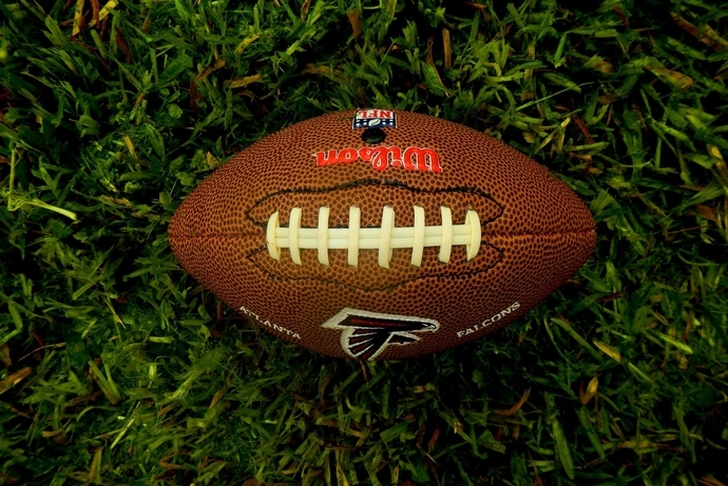The use of CBD, scientifically known as Cannabidiol, is becoming more commonplace in today’s society – it’s now even easy to access a CBD promo code and shop online for products.
It’s popular for a variety of reasons due to the benefits it brings. It’s utilized around the world as an alternative to traditional drugs, such as anti-depressants to pain relievers and more.
Due to its pain-relieving effects, the compound has gained interest in the athletic world. CBD, in many instances, seems to help athletes better recover from workouts, increase stamina, and heal injuries.
It’s a promising substance for helping athletes who lift weights, run marathons, play soccer, swim, and play football recover and perform better (in a different way than performance-enhancing drugs).
But should the NFL allows players to use the drug? It’s a controversial topic, and we have more information below so you can make up your mind about this drug use.
Does CBD Make Athletes High?
Let’s start by exposing a myth that isn’t true: CBD use on the field or court is problematic because it means athletes are encouraged to be intoxicated.
Cannabidiol is a naturally occurring compound that is found in the cannabis Sativa plant, the same plant which contains THC. CBD, unlike THC, doesn’t result in any psychoactive effects. In short, it’s not a substance that gets you high.
The Main Benefits of CBD For Athletes
There are quite a few well-known medical benefits of CBD that you may be familiar with:
- helps to reduce and relieve inflammation,
- assists with pain relief
- reduces muscle spams
- helps with depression
- relieves anxiety
- helps insomnia
- reduces the chances of seizures
- helps stabilize moo
- and increases metabolism
Other less well-known benefits that can help athletes recover faster include:
- Help with muscle soreness
- Improved quality of your sleep
- and assistance with various injuries
The Biggest Benefit: Muscle Recovery
The most significant benefit that Athletes would look to when using CBD products is its ability to help in muscle recovery. It can combat the fatigue someone experiences after vigorous exercise. They’re seen as more preferable than alternatives such as nonsteroidal anti-inflammatory drugs (NSAIDs).
When you and pro athletes work out, muscles rub together and can lead to a condition called Delayed Onset Muscle Soreness (DOMS). As you continue to work out, the muscles continue to tear and you’ll start to feel fatigued. This process can damage the muscles, leading to inflammation.
When muscles are fatigued and inflamed it can take a while to heal. CBD addresses these issues by relieving some of that inflammation and decreasing stress.
Reception from The League
In the United States, the majority of sports leagues do not allow their players to take marijuana or any of its by-products, which CBD falls under. Some are harsher than others. The NHL refers these players to a behavioral therapist, while the NBA has a hefty fine for anyone who is a second offender.
Despite the prohibition of cannabidiol in these leagues, the World Anti-Doping Agency has eliminated CBD from their list of illegal substances. While it is still illegal to use in these leagues, the removal of the substance from the list by one of the world’s leading authorities of the subject has raised interest in overturning its prohibited status.
While discussion of a policy shift in the NFL has started (primarily among retired players), any suggestion of a change is likely premature. Players rallying for the use of CBD, such as Terrell Davis, Kyle Turley, and Rob Gronkowski, have noted that it can be a useful tool in therapy for aching knees and shoulders and can perhaps aid in treating brain trauma.
Takeaway
Whether you’re someone who just takes a sport seriously or are a professional athlete, you need a way to get your body back to feeling normal after a hard workout or game.
CBD may be just what the average and pro players need to quickly and fully recover. More studies may be just what executives need to change policies in sports leagues.
Back to the Sports Tech Newsfeed